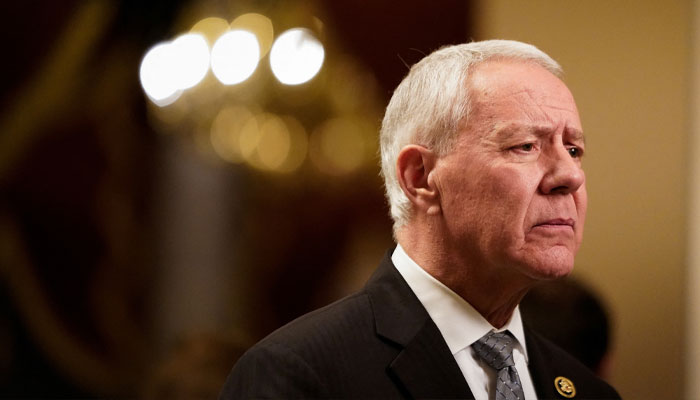What does GOP Rep Ken Buck's early exit from Congress signal?
Buck’s early exit would reduce the Republican majority to 218 seats compared to 213 Democratic seats
March 13, 2024

Colorado GOP Rep Ken Buck, known for his moderate conservatism and occasional clashes with his party, revealed Tuesday that he will leave Congress at the end of next week, BBC reported.
Buck, a critic of dysfunction on Capitol Hill, described the current year as the toughest of his nine years and three months in Congress and said it was the worst year in forty or fifty years.
Expressing frustration with the ongoing issue and perceived lack of value for Americans, Buck emphasised that his primary motivation for leaving a stable job opportunity outside of Congress would be affected by his departure.
Speaker Mike Johnson faces challenges due to the partisan balance of the government, where Republicans hold a small majority, often relying on cross-party votes to introduce important legislation.
Buck’s early exit would reduce the Republican majority to 218 seats compared to 213 Democratic seats, with three vacancies. This delicate balance leaves little room for strictly party-backed legislation.
When asked about the impact of Donald Trump’s presumed status as the GOP nominee on his decision, Buck affirmed his belief in a system of candidate selection and his commitment to participate in the process.
Despite announcing his decision not to seek re-election in 2024 earlier, citing the legislative stance and vote rejection of his party, Buck's abrupt departure highlights broader concerns about the state of American politics.
As a former Justice Department lawyer, Buck was first elected to Congress in 2014, aims to address, meaning changes that come in his opinion beyond the law.









